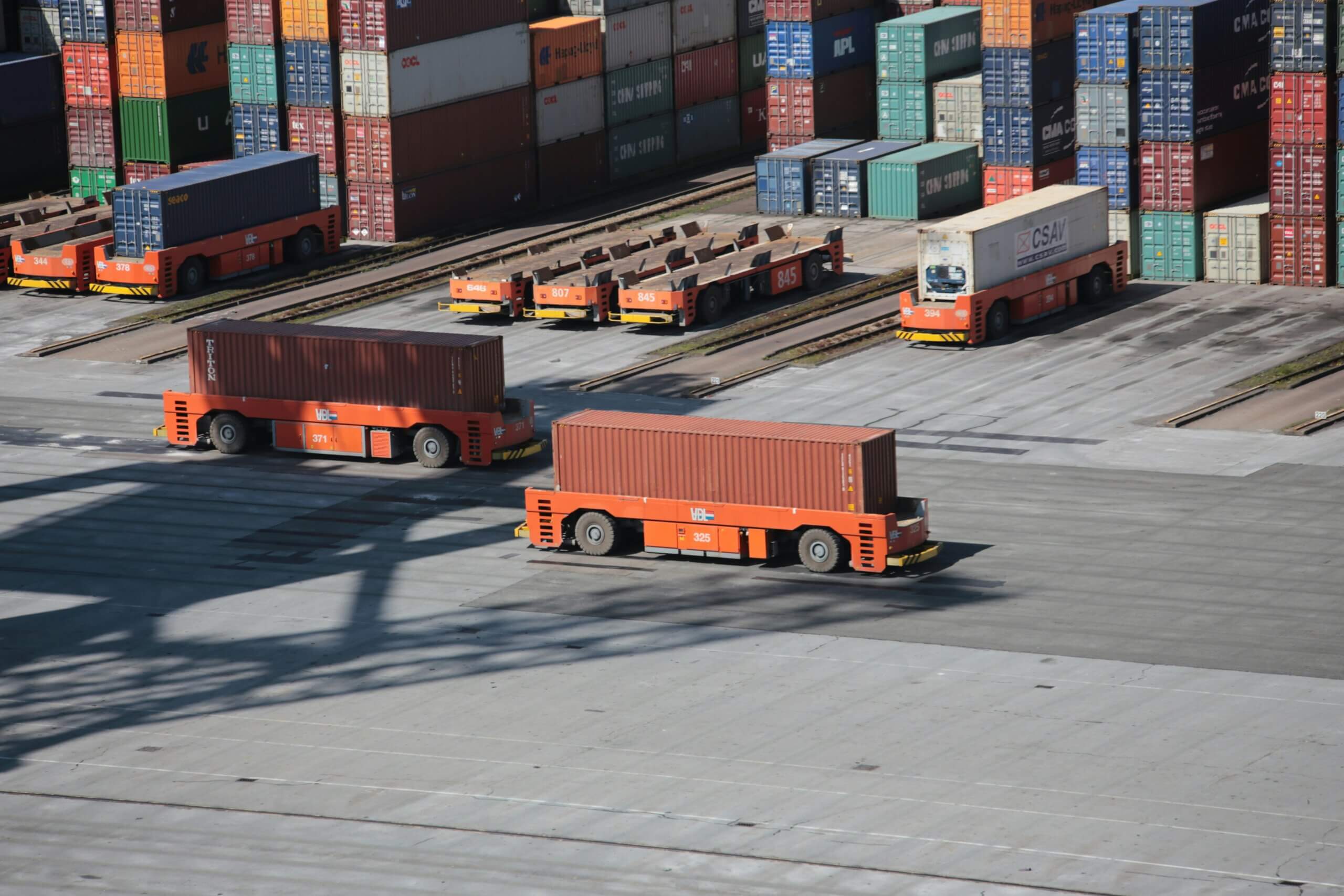Digitization revolutionizes every industry it touches. Replacing outdated legacy technologies with modern solutions allows for more data to be leveraged, increased efficiency, a higher level of collaboration, and in-depth automation processes. In an article by Forbes, Bain Insights explains the impact that digitization is having on Oil and Gas companies. Not surprisingly, digitization having a similar effect on both oil and gas technology and logistics technology.
We picked some excerpts from the Forbes article, and added our take on how oil and gas technology relates to logistics technology.
Forbes: No long-term digital strategy – Without an integrated, multiyear plan, companies risk investing billions of dollars while capturing few benefits. For example, offshore platforms can generate more than a terabyte of data every day, but the satellite uplink is too slow to transfer all that data – so the operations teams on land can’t keep up with the available data. An integrated plan would spot this and place the analytics resources closer to the data: on the platform.
project44: Not only should logistics companies be investing in modern connectivity, but they must choose technology built on the latest framework (REST) so that they’re scalable. As more companies switch to APIs and use ELD, the amount of data available is growing exponentially. Similar to satellite uplinks on offshore oil platforms, EDI is not capable of sharing that data in real-time, and it cannot normalize the data for analytics. Using a one-to-many API connection solves these issues by providing a real-time stream of normalized data.
Forbes: Outdated operating model – Valuable information can get stranded if companies neglect to connect information flows. For example, a company might invest in a visual scheduling system with sophisticated routing capabilities. But if it fails to connect it to line management’s scheduling systems, the data winds up stranded.
project44: EDI strands data since it only sends out calls periodically. APIs update in real-time. The only way that APIs will strand data in a similar fashion, is if they aren’t properly integrated into a company’s existing system. That’s why it’s recommended to use an API provider that also handles the integrations.
Forbes: Unprepared workforce – As in many other industries, oil and gas teams are mostly unprepared to take full advantage of the potential in digital. Most will need to invest in the capabilities of their teams – in most cases requiring a combination of recruiting fresh talent (including data scientists and other digitally savvy professionals) and teaching new skills to current staff.
project44: The transportation and logistics industry has been historically resistant to change. A large part of the process will be educating resistant companies on why updating their technology will increase their ROI, efficiency, etc. They also need to recruit IT people who are interested in modern technology—no top young talent works with EDI anymore.
The oil and gas industry has its share of parallels to logistics. Not only are they both experiencing some major transformations in terms of digitization, but they’re both extremely large industries with a lot of moving parts and disparate systems. The more collaboration we see between those parts and systems, the more efficient things will be.



